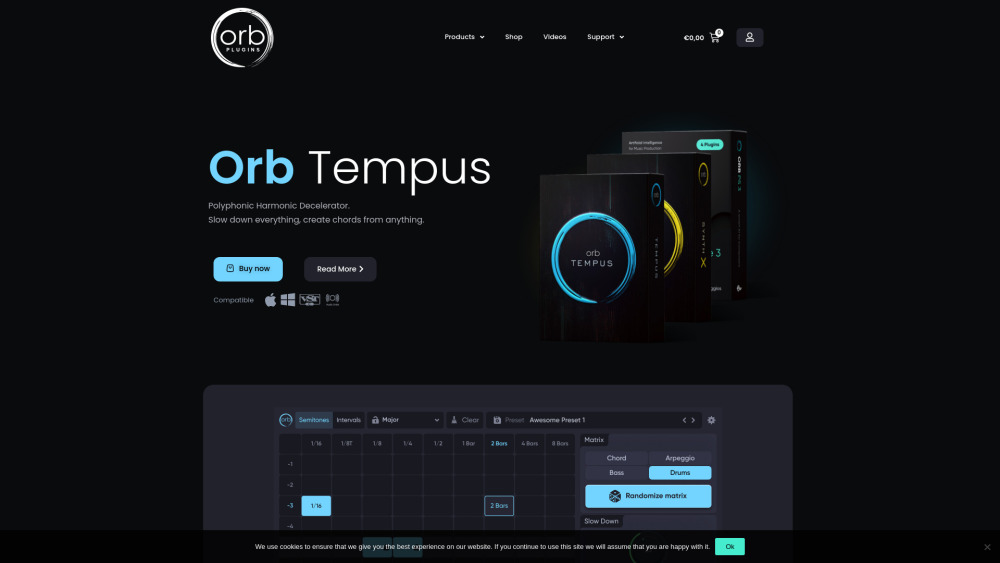The Rise of Biometric Data Threats
Biometric data, such as selfies, forged passports, and information compromised by cyberattacks—including fingerprints and DNA—are lucrative on the dark web. These untraceable assets empower attackers to access sensitive victim information, with malicious actors refining their techniques to create synthetic ID fraud for more sophisticated assaults.
Unfortunately, current strategies for safeguarding biometric data are inadequate. According to Gartner, “Biometric authentication offers unique advantages over other credential-based methods, but concerns about novel attacks and privacy hinder its adoption.” Their recent study highlights rising fears related to AI-enabled deepfake attacks, which threaten to compromise biometric authentication's reliability.
At the Zscaler Zenith Live 2023 event, CEO Jay Chaudhry revealed that attackers created a deepfake of his voice to extort funds from the company’s operations in India. Reports indicate over a dozen deepfake and biometric-related breach attempts targeting leading cybersecurity firms in just one year. The Department of Homeland Security has even released a guide titled “Increasing Threats of Deepfake Identities,” underscoring the escalating risk to organizations. With biometric data already dominating the dark web landscape, 2024 is poised for a surge in biometrics-based attacks aimed specifically at corporate executives.
Targeting Senior Executives
C-level executives are prime targets for biometric and deepfake attacks, as nearly one in three have fallen for phishing scams. Ivanti’s State of Security Preparedness 2023 Report reveals that these leaders are four times more likely to be victims of phishing than other employees. Whale phishing, a targeted attack on high-profile individuals, has emerged as a significant threat to executives across thousands of companies.
“As we move into 2024, we expect increased demand for stringent standards regarding security, privacy, and device interaction, fostering greater connectivity across all platforms,” stated Srinivas Mukkamala, Chief Product Officer at Ivanti. This connected environment necessitates robust infrastructure to support employee expectations for seamless access.
Enhancing Biometrics for a Zero-Trust Future
Badge, founded to address critical authentication challenges, aims to shift the trust-anchor for digital identities from hardware to individuals. Co-founder Tina P. Srivastava explained, “After personally experiencing a data breach, we focused on using cryptography to create a user-centric solution. With Badge, users become their own tokens.”
In response to the urgent need for improved biometric security, Badge Inc. has launched patented authentication technology that renders traditional personal identity information (PII) and biometric credential storage obsolete. Their partnership with Okta further enhances Identity and Access Management (IAM) solutions for enterprise customers.
Srivastava emphasized that Badge’s approach eliminates the need for passwords or knowledge-based authentication, enabling a seamless “enroll once and authenticate on any device” experience. This technology confirms that the registered individual is the one accessing resources, allowing identity sharing across devices without storing sensitive information.
The Role of Badge in Strengthening Zero Trust
Badge’s technology is pivotal for implementing a zero-trust architecture. By not storing user secrets or PII, Badge minimizes data access and reduces potential breach impact, supporting the principle of least privilege access. Additionally, it enhances multi-factor authentication (MFA) by allowing users to authenticate with their biometrics without needing hardware tokens.
Operating on a cryptographically zero-knowledge basis, Badge does not trust any third party with sensitive information and is designed to be quantum-resistant. This makes Badge a valuable asset to any organization’s zero-trust strategies. As noted by Jeremy Grant, former senior executive advisor at NIST, “Badge offers compelling technology for both consumer and enterprise applications.”





